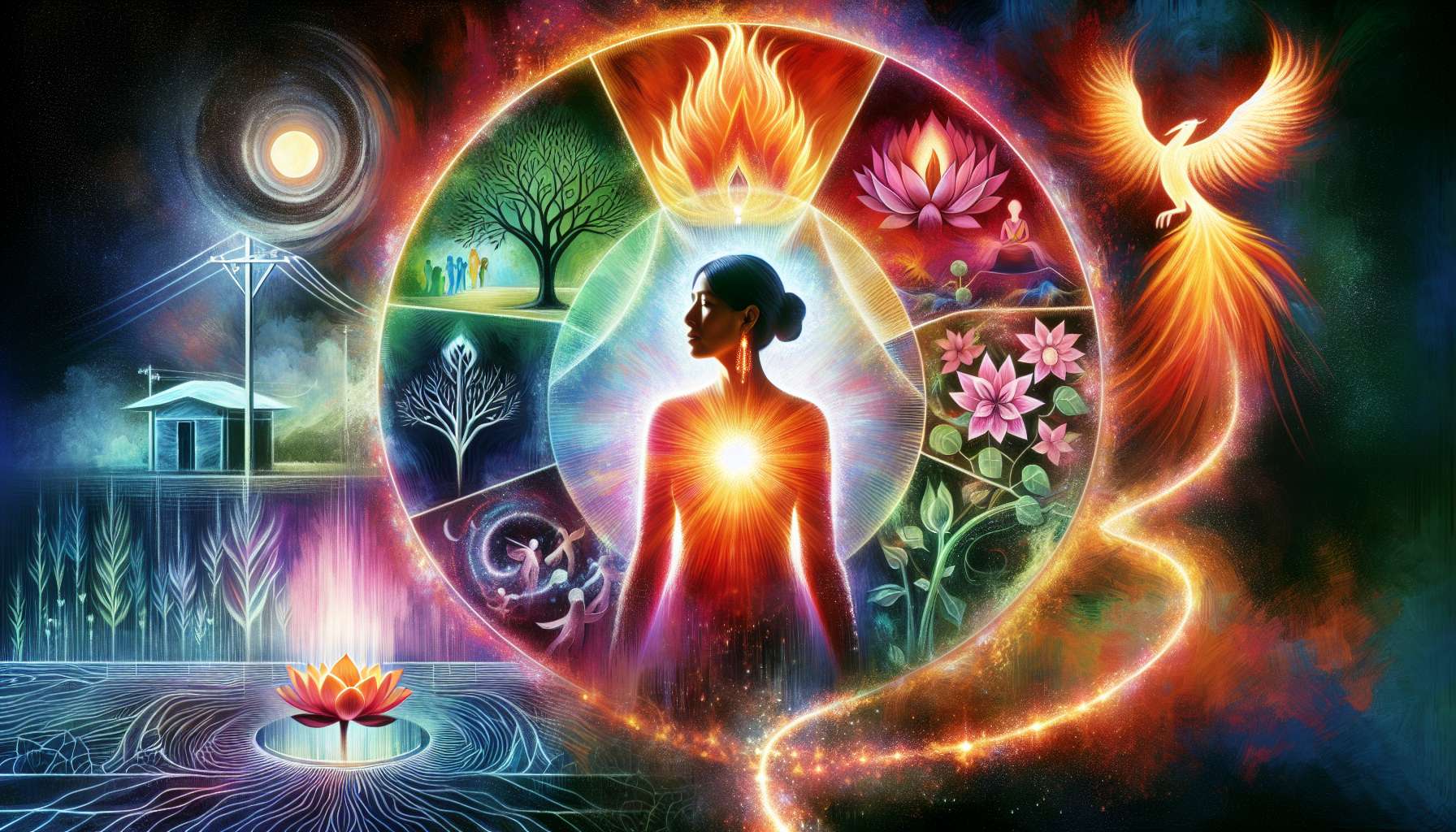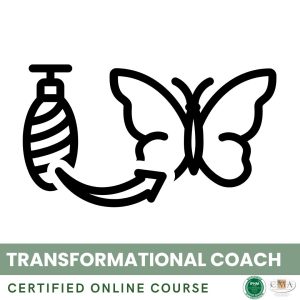After exploring the central role of emotions in the healing process, it is essential to delve into the concept of resilience and the protective factors that enable some individuals to navigate life’s trials with greater strength and serenity. Resilience is this ability to bounce back in the face of adversity, to find inner resources to overcome traumas and challenges, and to emerge grown and transformed. As a Spiritual Healing Coach, it is crucial to understand the mechanisms of resilience and know how to cultivate it in our clients, to support them towards greater inner strength and a higher quality of life.
Resilience is not an inherent quality, but a skill that develops throughout life, shaped by experiences and learning. It is built from a combination of individual, familial, and environmental protective factors, which interact in complex and dynamic ways. Individual protective factors include self-esteem, optimism, creativity, autonomy, and spirituality. A person with a positive self-image, who believes in their ability to influence the course of events and finds purpose in simply existing, will more easily withstand trials and extract constructive lessons from them.
Familial protective factors include the quality of attachment bonds, open communication, emotional support, and stability. A child growing up in a secure environment, where they feel loved, listened to, and encouraged, stands a better chance of developing resilience to life’s ups and downs. As we have seen in previous sub-modules, emotional wounds and limiting beliefs often resulting from early disturbed relationships can weaken this foundation of inner security, making it more difficult to acquire resilience.
Lastly, environmental protective factors include access to education, development opportunities, social support, and safety. An individual who evolves in a stimulating environment where they can express their talents, build enriching relationships, and feel safe has more resources to face challenges and recover from failures. Conversely, a precarious, violent, or unstimulating environment can hinder the development of resilience and make one more vulnerable to traumas and challenges.
It is important to note that resilience is not synonymous with invulnerability or insensitivity. A resilient person is not immune to suffering, doubt, or fear, but they have developed strategies to deal with them constructively and extract teachings from them. For instance, faced with professional failure, a resilient person can experience disappointment, anger, or sadness, but they will be capable of taking a step back, re-evaluating their goals, and bouncing back with new projects. They can perceive this failure as a learning opportunity, a call for introspection, and a chance for growth, rather than proof of their incompetence or inadequacy.
As Spiritual Healing Coaches, our role is to help our clients identify and reinforce their protective factors, to develop their resilience to life’s ups and downs. The first step involves creating a safe and caring space where the individual can explore their internal and external resources, becoming aware of their strengths and qualities. Tools like Appreciative Inquiry or Solution-Oriented Therapy can be particularly useful in helping our clients focus on their achievements, abilities, and aspirations, rather than on their shortcomings or weaknesses.
We also need to encourage our clients to establish nurturing relationships and a solid support network that can uphold them in difficult times and celebrate their victories. Spiritual practices like meditation, prayer, or connecting with nature can also be valuable allies in developing a sense of inner peace, confidence in life, and awareness of transcendence. As we have seen in Module 3, spirituality can provide a broader framework to give meaning to trials and tap into unsuspected resources.
Alongside strengthening protective factors, energetic approaches like Reiki, Healing Touch, or Crystal Therapy could be hugely beneficial in rebalancing energy fields and harmonizing chakras, thus promoting greater vitality and improved stress resistance. By working on the energy body, these techniques can release emotional blockages and reinforce the immune system, contributing to greater physical and psychological resilience.
It is important to bear in mind that developing resilience is a long-term process, fed by every life experience, positive or negative. The aim is not to deny or minimize difficulties, but to learn how to navigate them with courage, clarity, and confidence. Each hurdle overcome, each challenge met, each lesson integrated helps strengthen our ability to weather life’s storms and emerge grown and transformed.
As Spiritual Healing Coaches, our role is to provide our clients with a safe and inspiring space where they can reconnect with their natural resilience and develop new tools to steer through the sometimes tumultuous waters of life. By accompanying them with empathy, valuing their resources, and helping them make sense of their journey, we contribute to their overall wellbeing and their ability to create a meaningful, fulfilling life.
The cultivation of resilience paves the way for a more serene, confident existence more aligned with the soul’s deep-seated aspirations. It enables the development of an inner sense of unity, a capacity to embrace life’s peaks and troughs with equanimity, and unshakeable faith in our healing and growth potential. By learning to dance with life’s storms, we can finally unfurl our wings and ascend to the peaks of our destiny.
Takeaways:
– Resilience is the capacity to bounce back from adversity, to find inner resources to overcome challenges, and to come out of it grown and transformed.
– Resilience is developed throughout life, through a combination of individual (self-esteem, optimism, creativity, autonomy, spirituality), familial (quality of attachment bonds, open communication, emotional support, stability) and environmental (access to education, development opportunities, social support, safety) protective factors.
– The role of the Spiritual Healing Coach is to help clients identify and reinforce their protective factors, by creating a secure, caring space, using tools like Appreciative Inquiry or Solution-Oriented Therapy, and encouraging nurturing relationships and spiritual practices.
– Energetic approaches (Reiki, Healing Touch, Crystal Therapy) can contribute to rebalancing energy fields, releasing emotional blocks, and strengthening physical and psychological resilience.
– Resilience development is a long-term process, drawing from every life experience. It involves learning to navigate difficulties with courage, clarity, and confidence, to emerge grown and transformed.
– The cultivation of resilience paves the way for a more serene, confident life that aligns with the soul’s deep-seated aspirations, enabling the development of an inner sense of unity and unshakeable faith in our healing and growth potential.
👉 To download docx (Editable) file click here : Click here
👉 To download PDF file click here : Click here
👉 To download MP3 file click here : Click here









